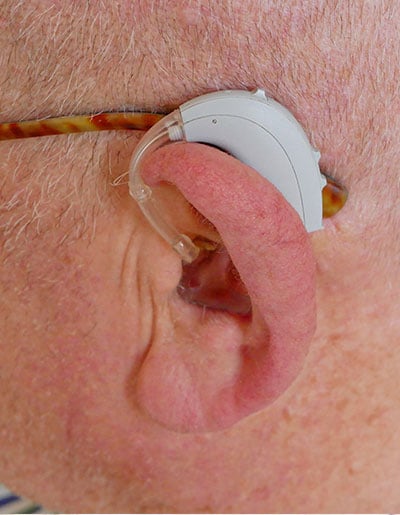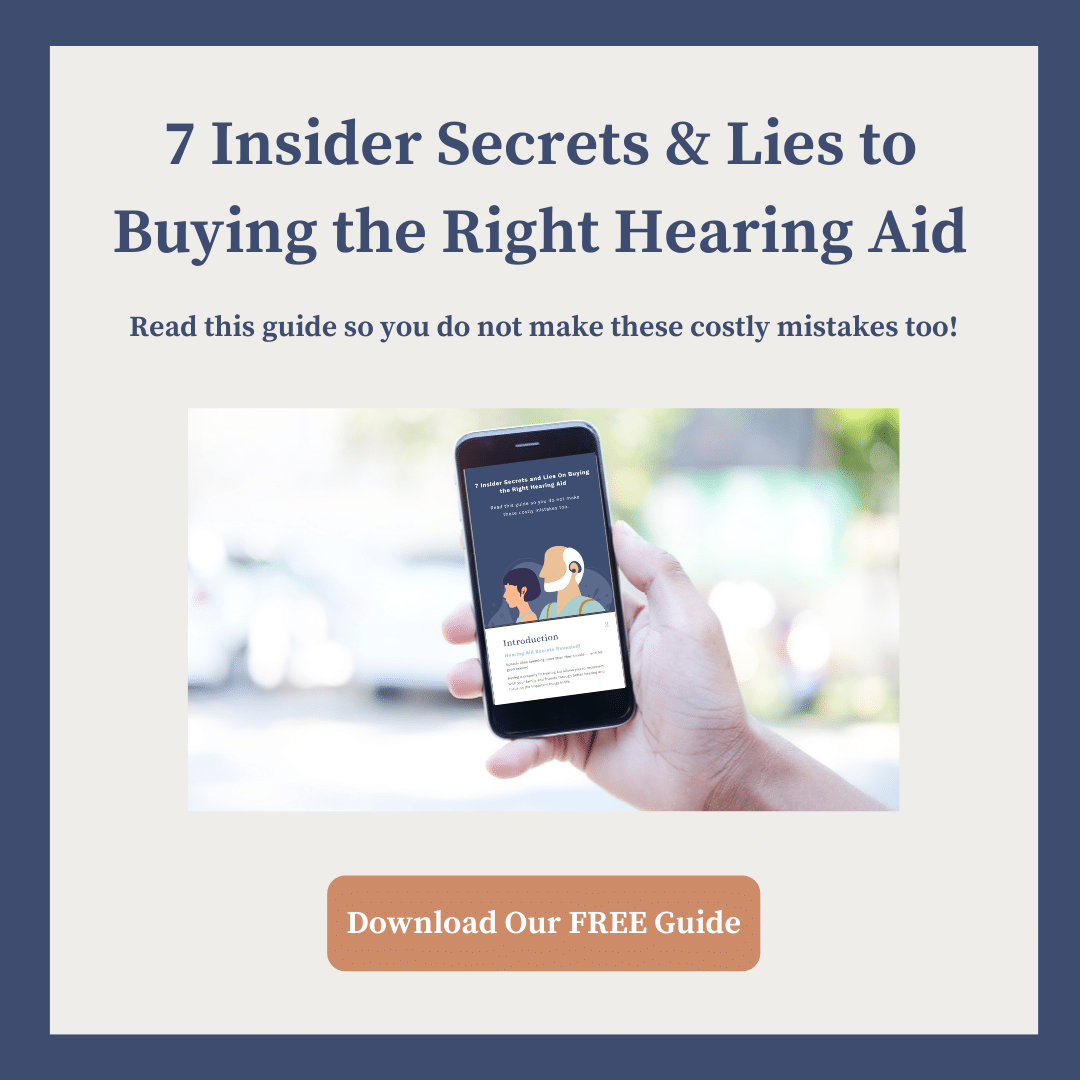
If you’ve noticed your hearing ability has started to decline gradually or suddenly, you’ve likely taken the time to research hearing aids. Many people are shocked at how expensive some of the traditional devices can be, without even looking at the top-of-the-line models. This makes them gravitate toward cheaper devices they can order online or buy at the drugstore, which is often an ineffective and sometimes harmful option for treating hearing loss.
The only way to guarantee your hearing will be safeguarded and successfully treated is by having a professional hearing evaluation and receiving proper prescription hearing aids based on your needs and lifestyle..
What’s the Difference Between PSAPs and Traditional Hearing Aids?
Cheap alternatives to hearing aids are known as personal sound amplifying products, or PSAPs. PSAPs are not hearing aids and they cannot be marketed as such. They are much simpler devices that can actually damage a person’s hearing when not set up or used properly.
Type of Product
PSAPs are fundamentally different devices from hearing aids. Hearing aids are regulated by the FDA, which confirms how effective they are in treating hearing loss, a medically diagnosed condition. A prescription hearing aid is, therefore, a customized treatment plan, rather than simply a personal listening device.
On the other hand, PSAPs are intended to increase the sound of environmental sounds – as an amplifier does for a stereo, except in the size of something that fits in your ear. They do not require a medical professional or a prescription to obtain them and are not FDA-approved to treat hearing loss.
Method of Amplification
PSAPs are designed to amplify all the sounds around you within a certain radius, including background noise, wind, and other noises you may not want to hear. Because of this indiscreet method of amplification, you can end up accidentally amplifying loud noises or setting your device at a high enough level that you incur damage to your hearing, making the underlying hearing loss worse.
Hearing aids work by using digital processors to filter out potentially harmful or distracting noises that PSAPs do not. This protects your hearing and helps you navigate day-to-day life without fear of being overwhelmed by background noise or feedback.
Technology and Features
Hearing aids, as a regulated class of devices, are intricate and sophisticated tools for people suffering from hearing loss. PSAPs are simply a microphone, amplifier, and speaker that feature no sound processing capabilities, only volume control. They cannot be customized beyond this, making them overly simplistic solutions for the complicated diagnosis of hearing loss. Whether you have moderate hearing loss or more profound hearing loss, with a PSAP, nothing can be customized.
Traditional hearing aids, on the other hand, can be tuned by a medical professional called an audiologist to address your unique listening needs for hearing loss. From moderate to more severe hearing loss, they can be customized to your needs. These days, hearing aids also come with advanced technology such as Bluetooth connections, directional microphones, and even tinnitus treatments. Many modern hearing aids come with custom-fit capabilities to make them extremely comfortable in your ear canal and unnoticeable to the wearer or others. With the in-the-ear option, for example, the hearing aid sits completely in the canal and is almost invisible.
Over-the-Counter Hearing Aids
There’s a class of devices between PSAPs and traditional hearing aids known as over-the-counter hearing aids (OTC hearing aids). These devices are more sophisticated than PSAPs but are still not a true hearing aid. In 2017, the FDA Reauthorization Act included legal language that allows certain types of devices to be marketed as hearing aids but not installed by a medical professional.
This drawback undercuts the meaning of a true hearing aid, and in reality, these devices have more in common with PSAPs than with hearing aids. They are not as powerful or versatile, and probably only benefit those with mild hearing loss or hearing loss symptoms.
Get The Right Hearing Aid For You
The only way to know for sure what hearing loss solution is right for you is with a medical evaluation by one of our Doctors of Audiology. We’ve developed a first-of-its-kind protocol for diagnosing and treating hearing loss that puts the patient first and focuses on how the brain hears rather than on simply selling a hearing aid.
With our H.E.A.R. Method™ Treatment Program, we find out not only about the condition of the ears but also on the condition of the brain and how it might be affected by and best treated for hearing loss. Take care of you or your loved one’s hearing by scheduling an appointment at the Hearing Doctors of New Jersey today.



